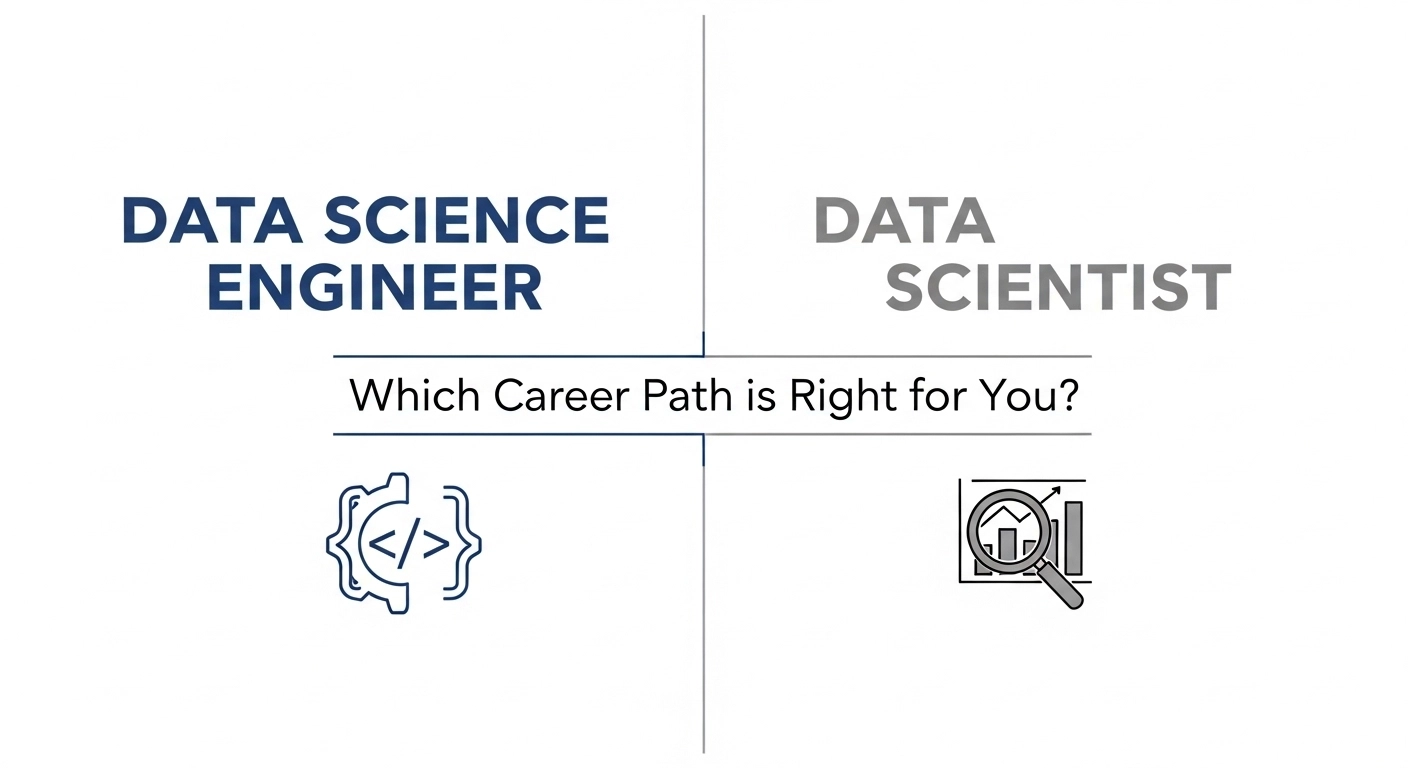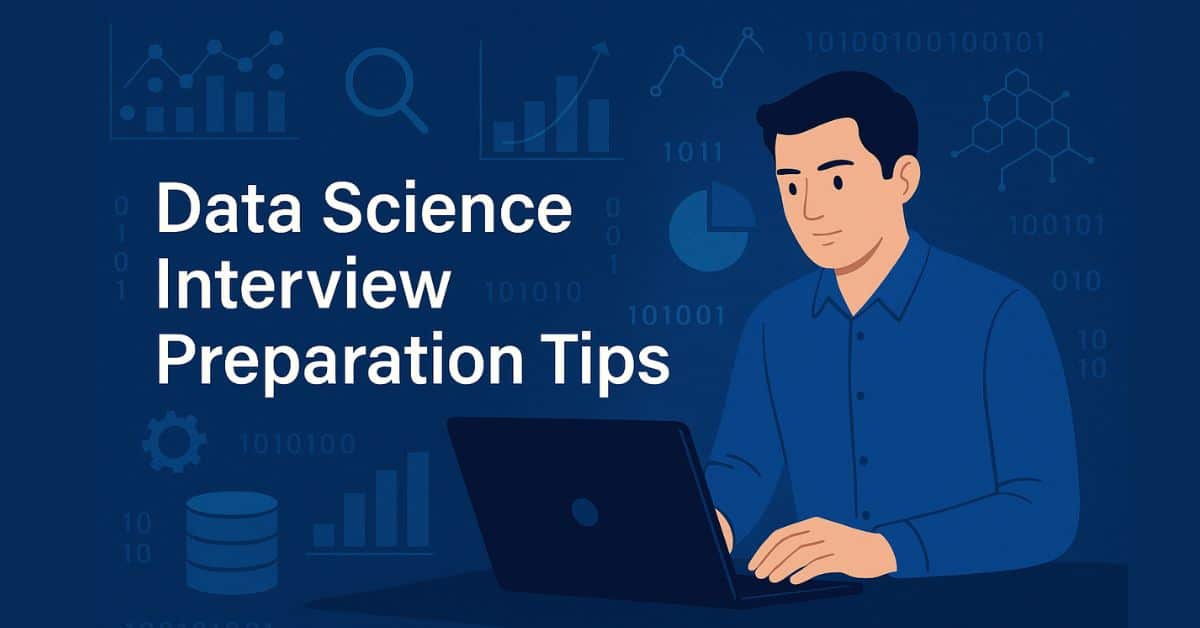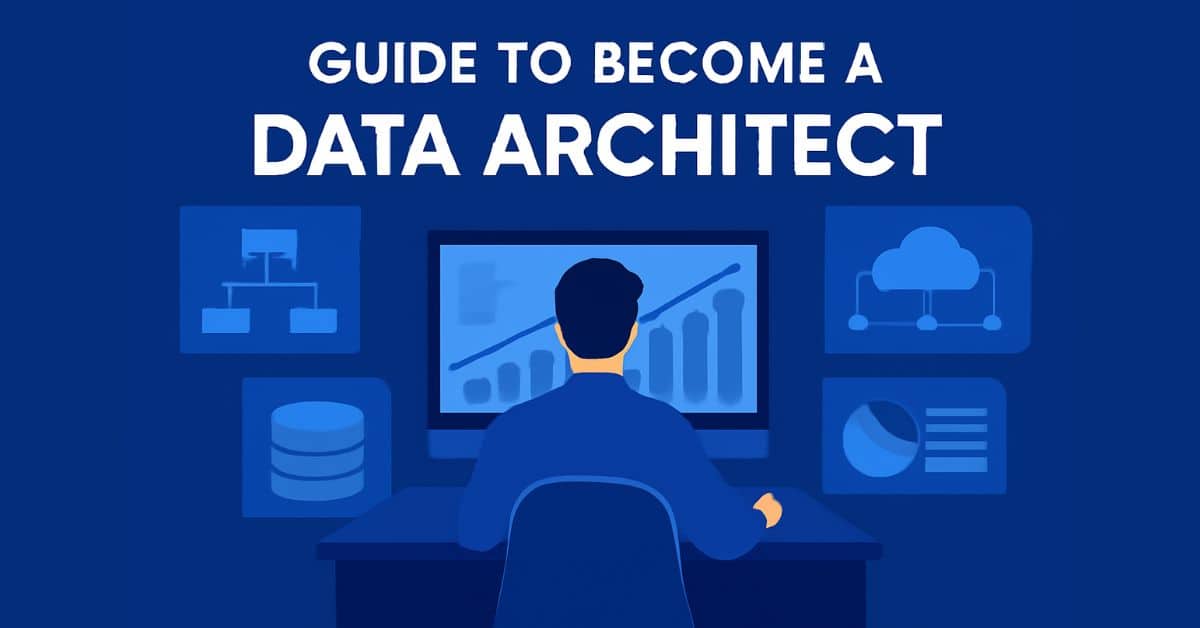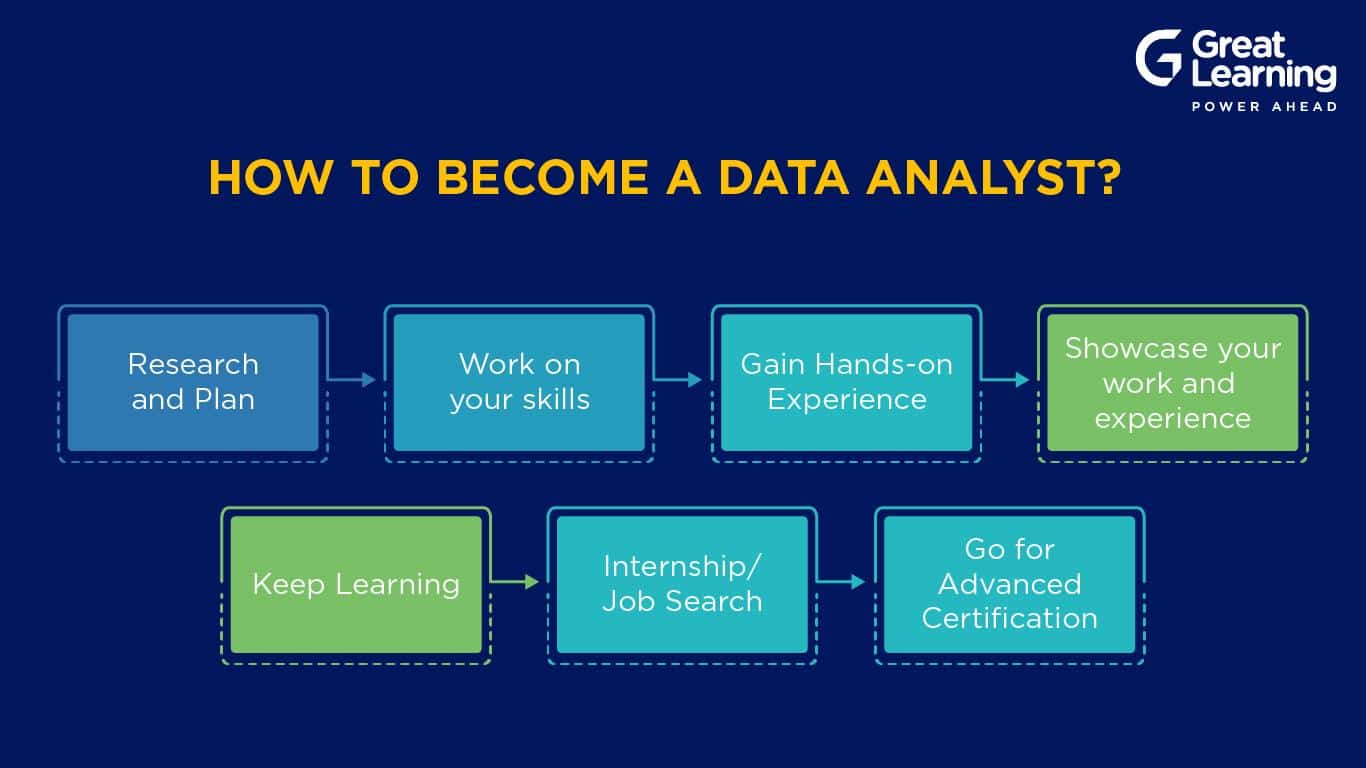You might want to get into data science. But you are not sure if you should go for a data scientist or a data engineer. Both jobs matter a lot in today's world of data. They need different skills. They handle different parts of working with data. I will explain what each job does. I will cover their tasks, skills, education, career options, and pay. This can help you pick the right one.
Roles and Responsibilities
The big difference is how they work with data. Data engineers set up the systems for data. Data scientists look at the data and make sense of it.
Data Scientist
A data scientist knows a lot about stats, machine learning, and coding. They dig into tough data sets. Here is what they do.
- They clean up data. They turn messy info into something clean and ready to use.
- They use stats to spot trends. They find patterns that matter.
- They create machine learning models. These predict things or sort data.
- They make visuals. They use charts and graphs to show what they found. This makes it easy for others to get it.
Data Engineer
A data engineer builds the tools that handle data. They keep everything running smoothly with huge amounts of info. Here is their main work.
- They build data pipelines. These move data from places like apps or sensors to storage spots.
- They make databases faster. They ensure systems can grow without slowing down.
- They handle cloud setups. They use services from AWS, Google Cloud, or Azure to store and process data.
- They check data quality. They set up ways to catch errors and keep things accurate.
Skills You Need for Each
Both jobs call for good problem-solving. Both need you to understand data well. But the tech skills are not the same.
Skills for Data Scientists
You need tech know-how, sharp thinking, and ways to explain things. Here are the key ones.
- Coding in Python or R. These help with stats and machine learning. SQL is key too for pulling data from databases.
- Knowing machine learning methods. Things like regression or clustering are musts.
- Making data visuals. Tools like Tableau or Power BI work well. Python options like Matplotlib also help share ideas.
- Basics in stats and math. You need this to build strong models.
Some sentences here are short to stress points. Others are longer because they list details you might need.
Data Visualization using Tableau
Learn how to use Tableau for data visualization and transform raw data into meaningful insights. With interactive charts and dashboards, you can easily explore trends and make informed decisions.
Skills for Data Engineers
This job leans more on coding and building systems. Here is what stands out.
- Languages like Python, Java, or Scala. These build pipelines and apps.
- Handling databases. You deal with SQL types and NoSQL ones like MongoDB.
- Tools for big data. Stuff like Kafka, Spark, or Hadoop manages large flows.
- Cloud experience. Working with AWS or Google Cloud is a big plus.
Education Paths
You can have similar backgrounds for both. But the focus shifts.
For Data Scientists
Most have a degree in computer science, statistics, mathematics, or a related field. Many get a master's or PhD in data science or math. This teaches modeling and algorithms. People often add online data science certificates to show their skills.
Learn More on How to Become a Data Scientist - Complete Path
For Data Engineers
A degree in computer science or IT fits best. Engineering fields work as well. Classes cover coding and system design, projects, and certificates help a lot.
Learn More on How to Become a Data Engineer - Complete Path
How Careers Grow and the Job Future
Both fields are growing fast. But the steps up differ.
Data Scientist Growth
As a junior Data Scientist, you clean data and make simple models. Then when you become senior, you lead work and train others. When you are at the top spot, like lead data scientist, you set plans for the whole company.
Data Engineer Growth
Career begins with doing basic data pipelines. You move to the senior level where you design big systems. Top roles include a data architect. In a Data architect position, you oversee everything and manage people.
What You Can Earn
These jobs pay well because companies need the skills.
Data Scientist Pay
It changes by place and years on the job. Starters make 80k to 120k dollars. Seniors get over 180k. The average is about 140k.
Data Engineer Pay
Entry level is 90k to 130k. Seniors top 190k. Average hits 145k.
Main Differences
Here is a quick look side by side.
| Feature | Data Scientist | Data Engineer |
|---|---|---|
| Main Work | Find insights and build models | Set up data systems and flows |
| Top Skills | Stats, machine learning, visuals | Coding, databases, cloud tools |
| Common Tools | Python, R, Tableau, Scikit-learn | Python, SQL, Spark, AWS |
| Career Tops | Chief Data Scientist, ML Engineer | Data Architect, Manager |
| Daily Tasks | Clean data, test ideas, report | Build pipes, fix databases, watch systems |
This table sums it up if you want fast facts.
Pick Based on What You Like
Your choice depends on what excites you.
Go for a data scientist if you like stats and machine learning. You enjoy digging for answers. You want to explain findings to help make decisions.
Pick a data engineer if you love building things. You handle big data sets. You make sure the data is ready for everyone.
Wrapping Up
Data scientists and engineers make companies run on data. Pick the one that matches your strengths. Analyzing or building.
Want to begin? Look at data science courses online. Get certs to start strong.
FAQs
Can I Switch from Being a Data Engineer to a Data Scientist, or the Other Way?
Many people start in one role and want to move to the other. It is possible, but it takes effort. Data engineers have strong building skills. They can learn statistics and machine learning to become data scientists. You might also need to take courses to learn essential skills. Also, practice with data science projects.
Data scientists can switch to engineering by focusing on pipelines and cloud tools. They already know data. So adding coding depth helps. Companies like Google value this flexibility. It can take 6 months to a year with focused work to become a data engineer from a data scientist.
What Challenges Do People Face in These Roles Every Day?
Both jobs have tough parts that are not always talked about. For data scientists, a big issue is dealing with unclear business needs. You might build a model that no one uses because goals shift. Data can be messy from bad sources. This leads to extra cleaning time.
Data engineers face scalability problems. Systems break with too much data. They also handle tight deadlines for pipelines. Security rules add complexity. Both roles deal with team miscommunication. Engineers might not get what scientists need. Regular updates on tools like new Spark versions keep you learning.
How Does Domain Knowledge Affect Success in These Careers?
Domain knowledge means knowing the industry, such as healthcare or finance. It is key but not always required at the start. For data scientists, it helps interpret results better. In finance, you need to understand regulations for models. Without it, your insights might miss the mark.
Data engineers benefit too. In e-commerce, you design pipelines for fast customer data. You can build this knowledge on the job.
Start with general domain skills, then specialize. Many pros say having domain knowledge boosts promotions. For example, a data scientist in biotech uses biology basics to spot better patterns.
What About Remote Work and Freelance Options in These Fields?
Remote work is common now, especially after the 2020 changes. Most data scientists and engineers can work from home. Tools like Slack and Zoom make it easy. Companies like Amazon offer fully remote spots. But some roles require on-site for secure data.
Freelancing is growing too. Platforms like Upwork have gigs for building models or pipelines.
Data engineers might freelance more on infrastructure setups. You need a strong portfolio. Rates can be high at 100 dollars per hour or more. But freelance means handling your own taxes and finding clients, so it suits experienced people.






